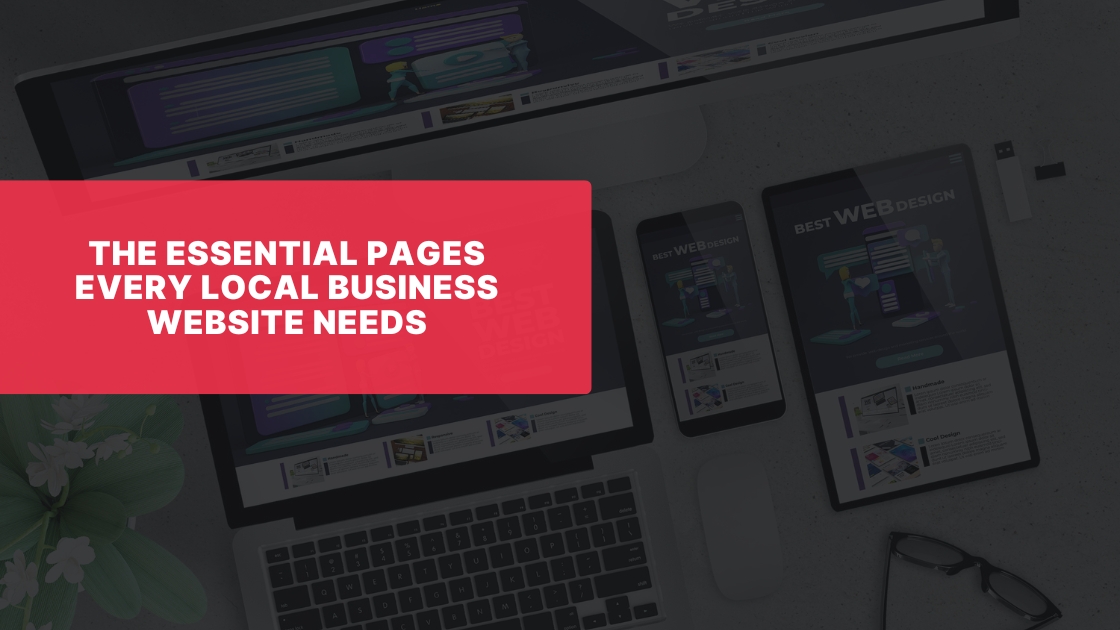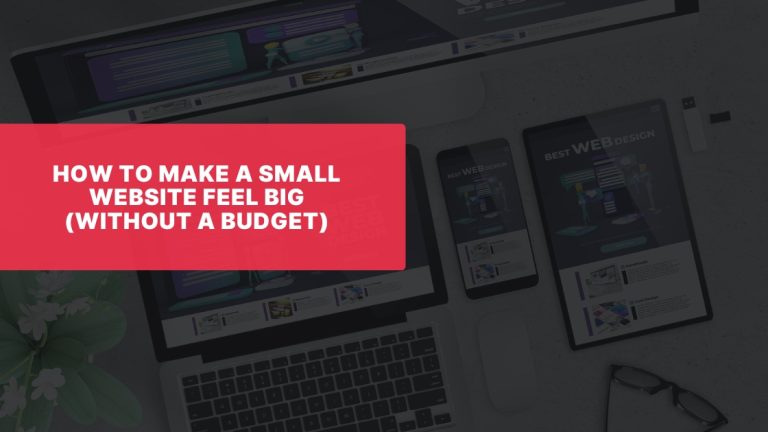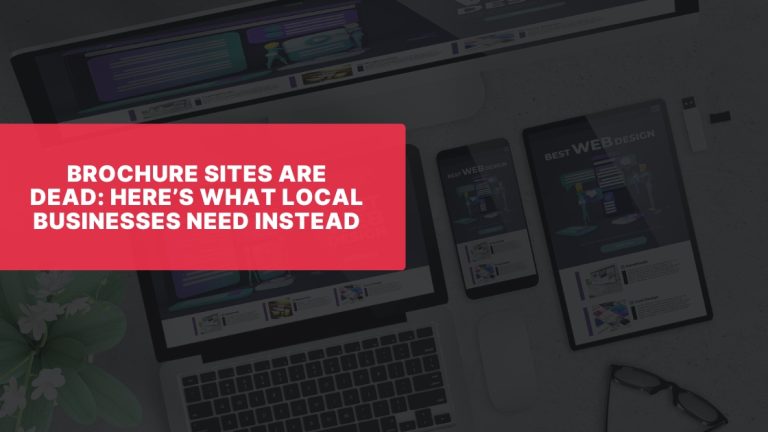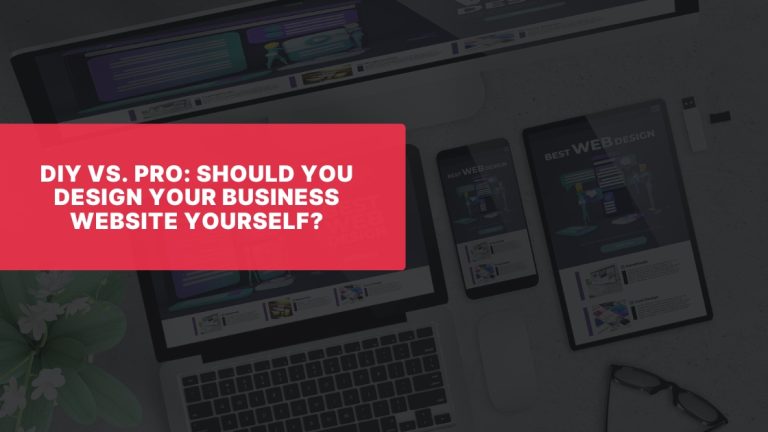If you run a small or local business, your website doesn’t need to be huge – but it does need to work. That means giving people the information they’re looking for, building trust quickly, and making it easy for them to take action.
A well-structured local business website can help you get found on Google, turn visitors into leads, and win more customers – even while you sleep.
In this guide, we’ll walk through the essential pages every local business website should have, what each page needs to include, and how to make the most of a small but mighty online presence.
1. Homepage
This is the first thing most people see when they land on your site – so it needs to be clear, helpful and fast.
Your homepage should include:
- A clear headline that says what you do and where
- A short intro paragraph or welcome message
- A summary of your main services with links
- Trust signals (like reviews, ratings or logos)
- A strong call-to-action (CTA), like “Get a Quote” or “Book a Call”
Make sure the top of the page (before someone scrolls) shows who you are and how to contact you. Keep it simple, clear and customer-focused.
2. About Page
People want to know who they’re doing business with. The About page helps build trust by showing the human side of your brand.
Include:
- A short story about your business or how it started
- What makes you different or better
- A photo of you or your team (real photos, not stock)
- Any relevant experience, awards or certifications
Keep it friendly and personal. You don’t need to write your full history – just help people feel confident you know what you’re doing.
3. Services Page
This is one of the most important pages. It’s where you show what you actually do, how you help, and why people should choose you.
Your Services page should:
- List all your main services clearly
- Include short descriptions (1 to 2 paragraphs for each)
- Use bullet points where possible
- Link to individual service pages (if you have them)
- Include a CTA like “Request a Quote” or “Call Now”
Make it easy to skim. People don’t want walls of text – they want to see if you can help and what to do next.
4. Contact Page
Make it as easy as possible for people to reach you. Your Contact page should be clear, simple and functional.
Include:
- Your phone number (click-to-call on mobile)
- Your email address or a contact form
- Your business address (if relevant)
- A map or directions (optional)
- Social media links (if you use them)
Don’t hide your contact details in the footer – repeat them at the top and bottom of every page if you can.
5. Testimonials or Reviews Page
Social proof is one of the strongest ways to build trust. A page dedicated to reviews or testimonials shows you’re reliable and others are happy to recommend you.
Add:
- 3 to 6 customer reviews
- Full names, locations or photos if possible
- Google Reviews embed or Trustpilot badge
- Quotes from emails or messages (with permission)
You can also sprinkle reviews throughout your homepage, service pages and CTAs.
6. FAQ Page (optional but useful)
A good FAQ page can save you time and help people feel more confident before they reach out.
Answer common questions like:
- How long does it take?
- Do you offer free quotes?
- What areas do you cover?
- What payment methods do you accept?
Keep answers short and friendly. Link to other pages where relevant.
7. Blog or Resources Page (optional but great for SEO)
A blog isn’t essential – but if you want to improve your Google rankings or build authority, adding helpful articles can make a big difference.
Blog ideas for local businesses:
- “How Much Does [Your Service] Cost in [Your Town]?”
- “5 Things to Ask Before Hiring a [Your Profession]”
- “The Best [Your Industry] Trends This Year”
You don’t need to post every week. Just a few well-written posts can help with SEO and give your visitors more value.
Bonus: Individual Service Pages
If you offer more than one main service, consider creating a separate page for each. This helps with SEO and gives visitors more detail about what you offer.
Each service page should include:
- A benefit-led headline
- A short description of the service
- What’s included or how it works
- A few FAQs or testimonials
- A strong CTA
Final thoughts
You don’t need a 20-page website to grow your business. A small, focused site with the right pages can do the job just as well – sometimes better.
Start with the essentials:
- A homepage that explains what you do
- An about page that builds trust
- A services page that sells
- A contact page that converts
- A few testimonials that prove it works
Add more over time as your business grows. Focus on clarity, simplicity and helping your visitor take the next step.
At Strategy8, we build high-converting websites for local businesses across the UK. If you’re not sure where to start or want a site that’s clear, modern and ready to bring in leads, get in touch today.




